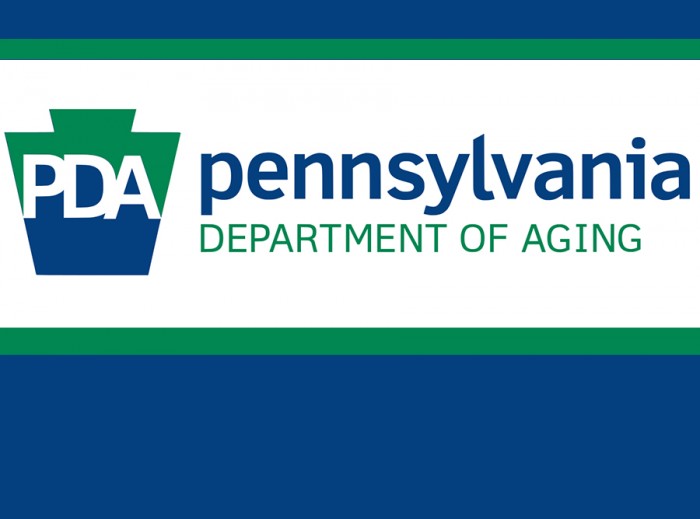ADvancing States, which represents the nation’s 56 state and territorial agencies on aging and disabilities as well as long-term services and supports directors, has partnered with the Department of Health Policy and Management at UNC Gillings School of Global Public Health to create a first-of-its-kind online training program to support our nation’s Home and Community-Based Services (HCBS) program workforce. The initial Foundational Leadership in HCBS: Building Expertise to Better Support People in their Homes and Communities certificate program launches in September 2025.
The core training sessions deliver essential curriculum covering HCBS systems, policies, and operations — everything participants need to enhance their effectiveness and advance policy advocacy in this critical sector. Fewer than 20 spots remain in the September pilot session, and there will be another session offered in January 2026. The course fee is $600 for government and non-profit employees and $1300 for corporate employees. Group registration opportunities are expected to be available for the January 2026 session.
Quick Registration Links:
The course is offered exclusively online and is self-paced so learners can set their own schedules, but the course will require the equivalent of about two hours per week for 10 weeks. Participants will learn more about populations utilizing LTSS, the organizations and individuals providing LTSS, and the varied sources of funding for LTSS, with a focus on HCBS, plus key policy areas, including the Older Americans Act, the Americans with Disabilities Act, Medicare, Medicaid, and the processes by which individuals access services. Please view the Course Overview and Syllabus for additional details about course topics and learning objectives.
Sign up using the links above; for questions about the HCBS Certificate program, contact Annie Kimbrel via email.
















